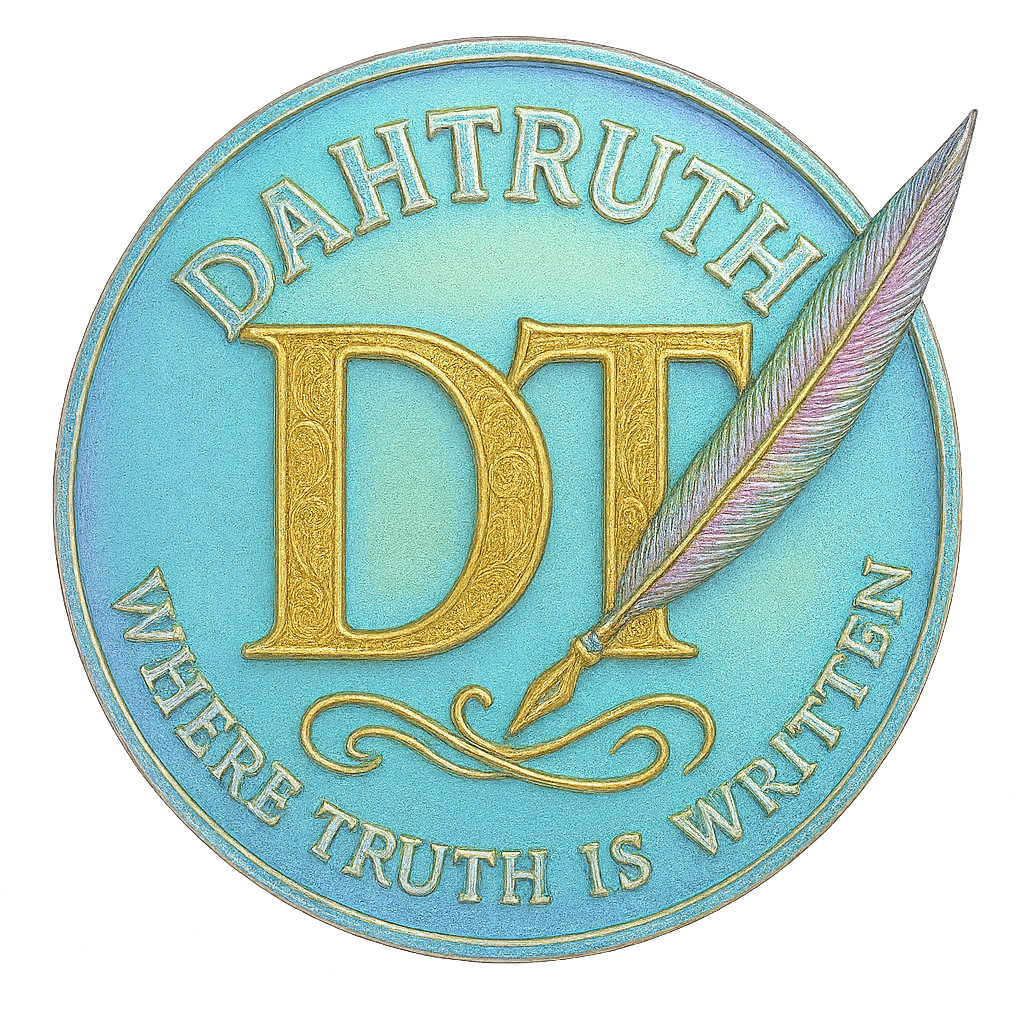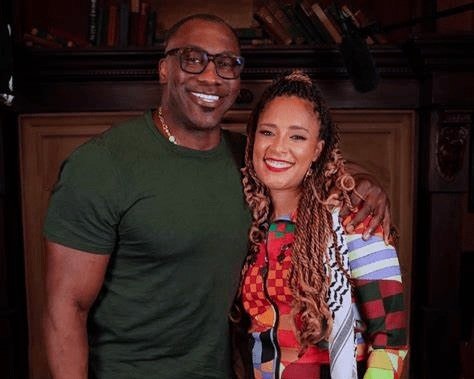Will SOMEONE GIVE THIS GIRL A HUG | Amanda Seals Club Shay Shay Interview
I wasn’t a huge fan of HBO Series, Insecure. To me, it felt like a poorly executed sitcom that depicted black women in a disrespectful manner, conforming to every mainstream stereotype imaginable. Despite my reservations, the show did have a significant following among millennial black women. It positioned itself as reminiscent of the hit series, Living Single but maybe closer to Girlfriends. While I couldn’t tolerate Girlfriends and not sure if it compares, I found Insecure lacked the depth of Living Single. Characters like Khadijah, Max, Regine, and Sinclair were portrayed as black women with morals and expectations and navigated successful, despite setbacks. In contrast, Insecure focused on insecure black women, showcasing characters who were despondent, depressed, and struggling to navigate reality and personal growth—a stark departure from the empowered women of Living Single.
Regardless of my own beliefs about the series, it can’t be denied, Insecure was a big hit in the black community. Unfortunately, I lost all interest in the show after Lawrence and Issa broke up. However, I continued watching primarily because I wanted to support a black writer, Issa Rae had written the series based on her web series, Awkard Black Girl, and to keep up with the media buzz. The series sparked lively conversations at the hairdresser, so I forced myself through every season after season two.
Reflecting on the black characters in "Insecure," I must admit that Tiffany, portrayed by Amanda Seales, was my favorite. She bore significant similarities to the women from "Living Single," exuding a lighthearted and playful demeanor. In contrast, I found Issa's character too passive and indecisive, often grating on my nerves. Molly was a caricature of an attractive black woman grappling with profound issues, while Kelli seemed rather typical.
Tiffany embodied the bougie, light-skinned woman that viewers loved to hate. She was the epitome of the character everyone aspired to be—intelligent, successful, and married. She adhered to traditional values in a secular sense. However, in alignment with the overarching theme of insecurity, even a traditional lifestyle had its challenges. There were hints of infidelity in her marriage, and the narrative touched on her struggle with postpartum depression. Despite these hang-ups, I appreciated her character.
The series cancellation was bitter-sweet; bitter as it marked the end of the series about insecure black women. On the other hand, it was sweet as we made it through the final episodes and received our just reward—Deus ex Machina: Lawrence and Issa back together against the world. Not long after that final chapter, Issa and her friends faded from the spotlight. Apart from Issa Rae's occasional appearances on the Red Carpet, we've seen little of the cast and crew.
But lately, Amanda Seales’ name has been sprouting up everywhere. She has a podcast in which she supports Palestine and she is growing quite a following. I read an article a few weeks ago about rumors concerning what others consider her bad attitude and victim behavior. Although hearing the rumors, I hadn’t made the connection that Amanda Seales had played Tiffany on Insecure until she appeared on Marc Lamont Hill’s Podcast in an Afro. To be honest, I have a problem with a woman who wears an Afro—it screams black Marxism, so initially I didn’t recognize her. Absent the wig and her politics, she was likable. But before the conversation was over, I shadowed her on social media and figured out she had played the role of Tiffany.
Recently, I watched Amanda Seals on Club Shay Shay, with Shannon Sharpe, I watched the entire three-hour episode. What can I say about this sister? She is very smart and should be proud of herself, but the more I listened to her, unfortunately, the more she started to peel back the layers of the onion. Honestly, I was left wondering, who are you?
I enjoyed the first hour of the conversation. Even when there was a cringe moment between Amanda and Shannon about a white teacher Amanda said was racist. Apparently, when she was in grade school, she got into trouble for telling the teacher she was wrong in front of the class. Amanda was sent to the principal's office, and she and her parents determined the teacher was racist. I agreed with Shannon, who argued perhaps the teacher felt disrespected. Amanda refused to admit that perhaps that could have been the case, and became visibly agitated because Shannon didn’t see things her way.
Besides that back-and-forth that lasted too long, Amanda took me down memory lane. We have a lot in common. She likes Biggie Smalls and so do I—her favorite song is Ready to Die and mine is Hold Your Head. Lupe Fiasco was one of my favorite rappers back in the day—she dated Lupe. She thought Nas stamped out Jay Z in their diss track—I was with Jay Z. She likes J Cole, so do I; in fact, I think J Cole signaled the beginning of the end of Hip Hop (just my opinion). She likes OutKast, and so do I.
As Shannon laid back and listened, an image began to manifest. Amanda seems to have a complex relationship with her identity. She appears to aspire to be perceived as a light-skinned American black woman, and not simply a light-skinned Grenadian. At the same time, she seems to believe her lighter complexion and superior intellect should afford her superiority over other blacks, yet she grapples with the reality that it does not.
Clearly, she is conflating being black with being American black. To solidify her blackness she makes sure to mention her father was A black man from Boston. She is not Rachel Dolezal in black face and yet she comes off as such. She wants to be a chilly home girl, liked by one and all, down with rap and understanding the struggle of oppression and racism in America. On Club Shay Shay, she was a symbol of a hip-hop chick. From her high braids, her hoop name-plated earrings, she even had on a name plate ring, and her Picasso-printed outfit screamed black girl nineties.
I believe our words reflect who we are every time, and Amanda used two words consistently: bullied and protected. She grew up with behavior in which she acted out but had been surrounded by protectors who encouraged bad behavior. She is a representation of what it means when behavior goes unchecked. We tend to get lost in spaces where people have oppressed us or hurt our feelings or broke our heart, but we grow up and move on.
Amanda is living her life through rose-colored glasses. The issue is, to see things clearly, one must remove those shades. We all experience what Amanda is going through, but we remove the shades and move forward—we mature. However, Amanda seems stuck. She's like a broken record, clinging to a time and behavior that are gradually fading to black.
The zeitgeist of Hip Hop, which once pulsed through the streets of NYC and LA, swept through Louisiana and Atlanta, and influenced behavior globally, barely exists today. It only persists in old tracks and bars that linger in our minds. Listening to Amanda discuss her highs and lows as she navigates life's struggles evokes a sense of melancholy. She clings to the stagnant victim mentality that unfortunately, exemplified Hip Hop.
Recounting her life story, she revealed some important truths. As a young child, she faced misunderstandings but was extremely intelligent, protected, and encouraged by her West Indian Mother, auntie, and her auntie’s white husband.
Acting wasn’t her first love; it was in fact dancing. She had many dancing and acting opportunities and learned early the level of racism she would face, after being called the “n” word on the set of Christmas show for Disney. She had been the only black girl in the cast and felt like she had been treated differently by the other dancers because of her race.
As a teenager she played in the Nickelodeon children’s sitcom, My brother and me. After high school, she attended SUNY Purchase, and there encountered issues that led to her suspension.
Despite these challenges, she secured a job at Sirius radio station and even landed her first significant interview with OutKast. However, recurring issues surfaced, resulting in her losing her job.
She persevered and joined the singing group Floetry, replacing singer Natalie Stewart. That didn’t last very long as Amanda had issues with Marsha Ambrosius, the lead singer of the group and Natalie feed the flames from the sideline.
She also was a VJ on MTV and played on other television sitcoms. But in 2016, she landed the role as Tiffany on Insecure and unfortunately, this gig ended badly for Tiffany, as there were some personal challenges with Issa Rae’s, Publicists that spilled over onto the set.
On The Reel, all seemed well, however her co-hosts have come out and explained how difficult it had been working with Amanda.
So many things can be said of the Amanda Seales' interview. She talked about her failed relationships with broke brothers—rappers and discussed her views of religion (her primary problem, she needs to get to know Jesus) and she delved into her own self-diagnosis with Asperger’s. It seemed lethargic for Amanda, but as soon as she got off the couch she went on her platform and started to complain about the interview and said Shannon didn’t protect her.
Perhaps Amanda Seales does have Asperger's or maybe she has some other mental challenge, but one thing is clear, and that is she lives in the past. She is trapped in the world of Hip Hop, and all the hurts and pains she has suffered rest in those spaces. With every relationship, she revisits those places and projects that behavior onto the new relationships making herself often a martyr.
It’s like Democrat policies—they seem so victimless because you’re the victim.
Despite the challenges Amanda Seales has faced and the complexities of her identity, one thing remains clear: she craves love and protection. Perhaps, in recognizing and addressing these deep-seated needs, Amanda can embark on a journey of self-discovery and healing. With the right support and introspection, she may find solace in knowing that true fulfillment comes from within, not from external validations. As she continues to navigate her path, may she find the love, understanding, and peace she seeks, both within herself and from those around her.
Will somebody give this girl a hug?


